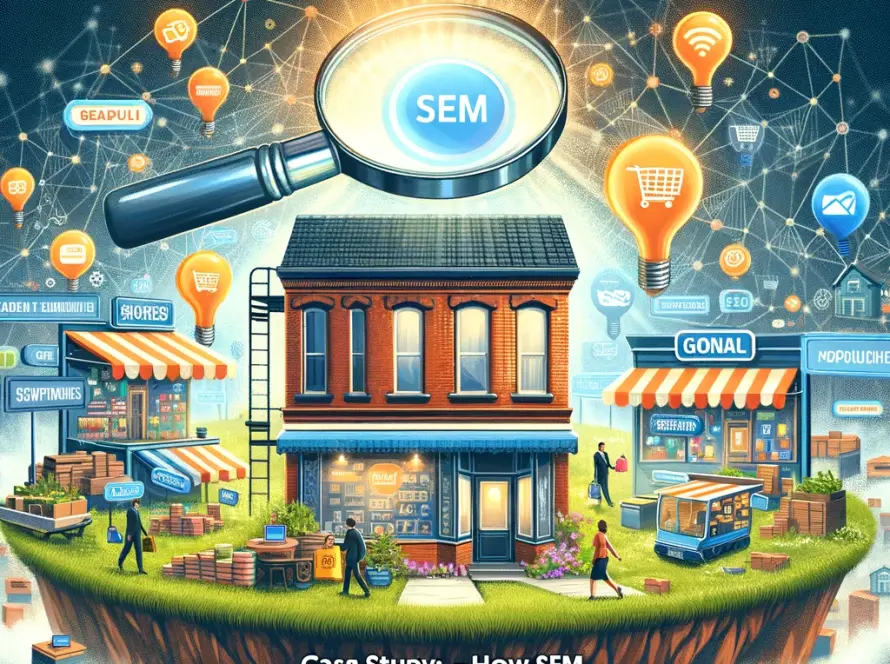The direct-to-consumer (D2C) business model has revolutionized the way companies interact with their customers, offering a more personalized and direct sales approach. As we look towards the future, digital development plays a pivotal role in shaping the next phase of D2C business, with several key trends emerging on the horizon.
1. Personalization at Scale: Advances in AI and machine learning are enabling D2C brands to offer unprecedented levels of personalization. From personalized product recommendations to customized marketing messages, brands can now engage with their customers in a more meaningful way, enhancing the customer experience and boosting loyalty.
2. Omnichannel Experiences: The future of D2C lies in creating seamless omnichannel experiences that integrate various digital and physical touchpoints. This approach ensures a cohesive brand experience, whether the customer is shopping online, on a mobile app, or in a physical store.
3. Augmented Reality (AR) and Virtual Reality (VR): AR and VR technologies are becoming increasingly accessible, allowing D2C brands to offer immersive shopping experiences. From virtual try-ons to 3D product visualizations, these technologies help reduce the barrier between online and offline shopping, providing customers with a more engaging and informative shopping experience.
4. Direct Social Selling: Social media platforms are evolving into shopping platforms, offering new avenues for D2C sales. Brands are leveraging social commerce features to sell directly through social media, reducing the friction in the buying process and tapping into the vast audiences on these platforms.
5. Sustainability and Transparency: Modern consumers are more environmentally conscious and value transparency from the brands they support. D2C brands are responding by integrating sustainable practices into their business models and using digital platforms to communicate their efforts and values transparently.
6. Data Privacy and Security: As digital development advances, so do concerns around data privacy and security. D2C brands will need to prioritize protecting customer data through robust security measures and transparent data practices to maintain trust and compliance with regulations.
7. Blockchain for Authenticity and Supply Chain Transparency: Blockchain technology is set to play a significant role in the D2C future, offering a way to verify product authenticity and provide transparency in the supply chain. This is particularly relevant for luxury goods, where provenance and authenticity are paramount.
In conclusion, the future of digital development in D2C business is marked by technological advancements that offer more personalized, immersive, and seamless shopping experiences. By embracing these trends, D2C brands can stay ahead of the curve, meet the evolving expectations of their customers, and drive sustained growth in the digital age.



1 Comment
Ashton Porter
Ut perspiciatis, unde omnis iste natus error sit voluptatem accusantium doloremque laudantium, totam rem aperiam eaque ipsa, quae ab illo inventore veritatis et quasi architecto beatae vitae dicta sunt, explicabo.